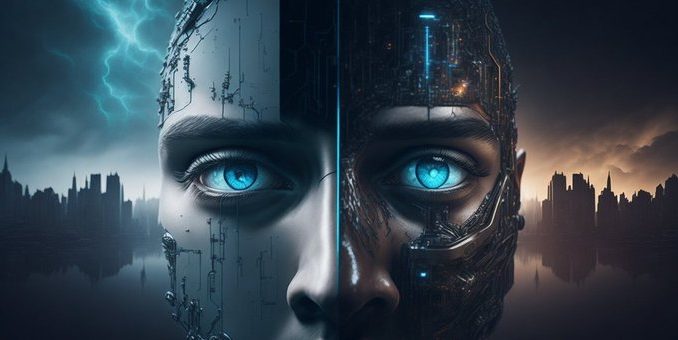
With artificial intelligence (AI) often generating fictitious and offensive content, Anthropic, a company helmed by former OpenAI researchers, is charting a different course—developing an AI capable of knowing what’s good and evil with minimum human intervention.
Anthropic’s chatbot Claude is designed with a unique « constitution, » a set of rules inspired by the Universal Declaration of Human Rights, crafted to ensure ethical behavior alongside robust functionality, along with other “ethical” norms like Apple’s rules for app developers.
The concept of a « constitution, » however, may be more metaphorical than literal. Jared Kaplan, an ex-OpenAI consultant and one of Anthropic’s founders, told Wired that Claude’s constitution could be interpreted as a specific set of training parameters —which any trainer uses to model its AI. This implies a different set of considerations for the model, which aligns its behavior more closely with its constitution and discourages actions deemed problematic.
Anthropic’s training method is described in a research paper titled “Constitutional AI: Harmlessness from AI Feedback,” which explains a way to come up with a “harmless” but useful AI that, once trained, is able able to self-improve without human feedback, identifying improper behavior and adapting its own conduct.
